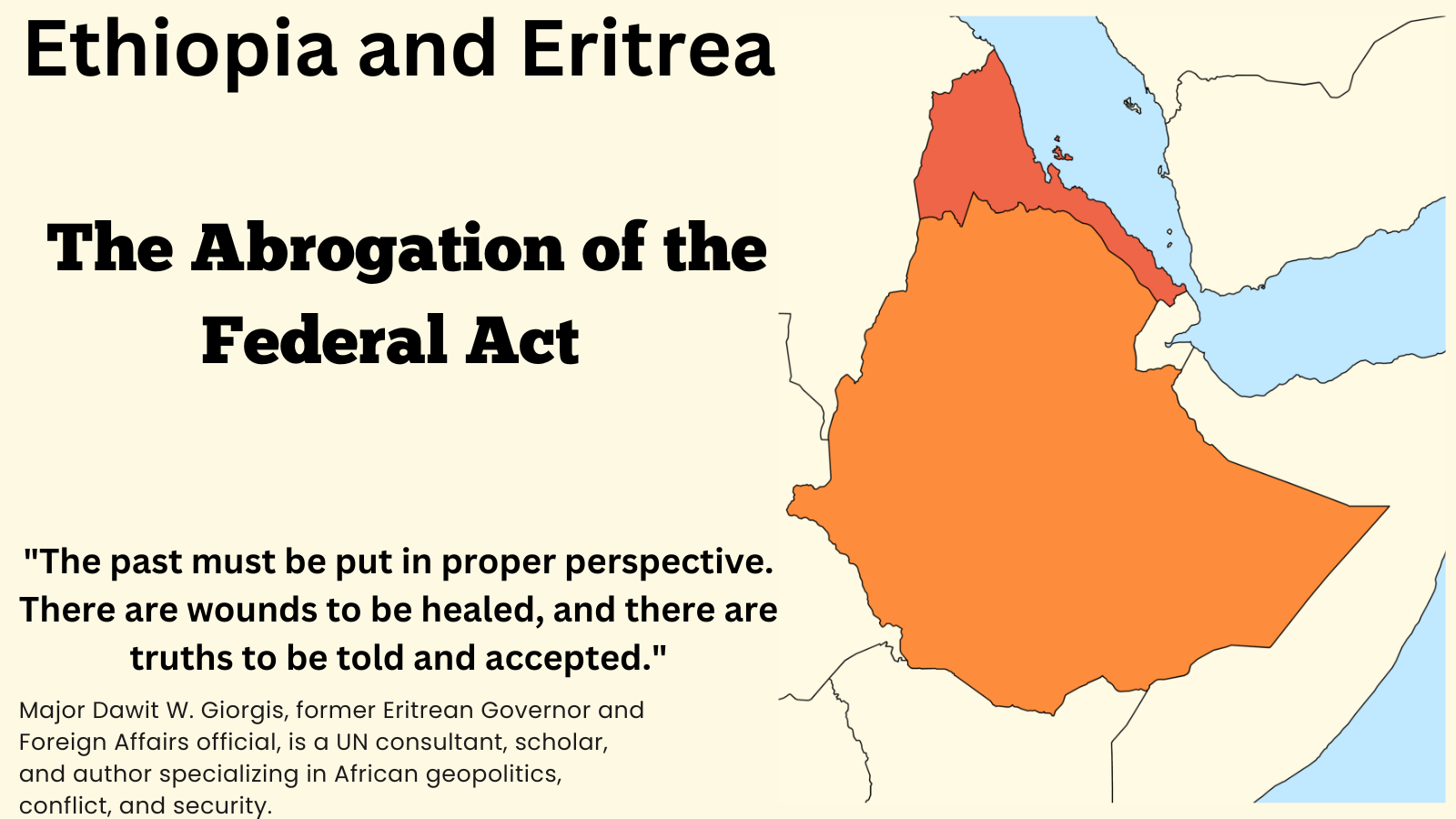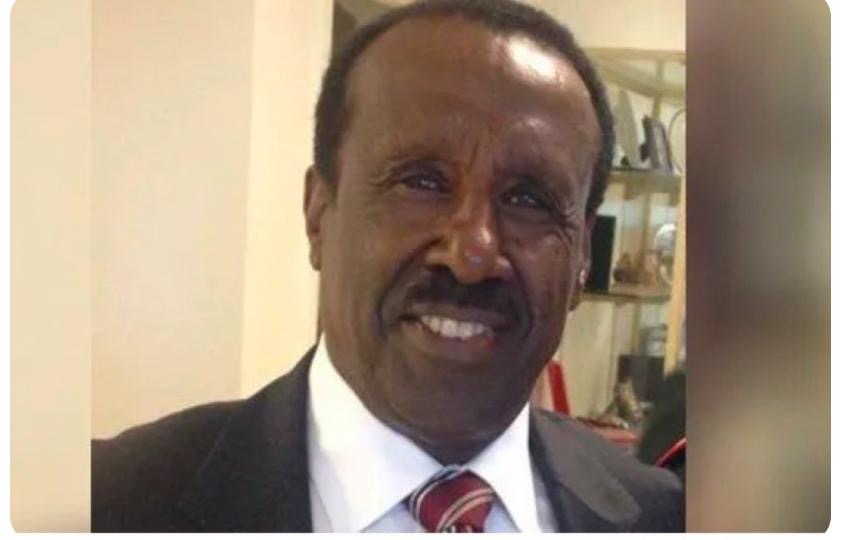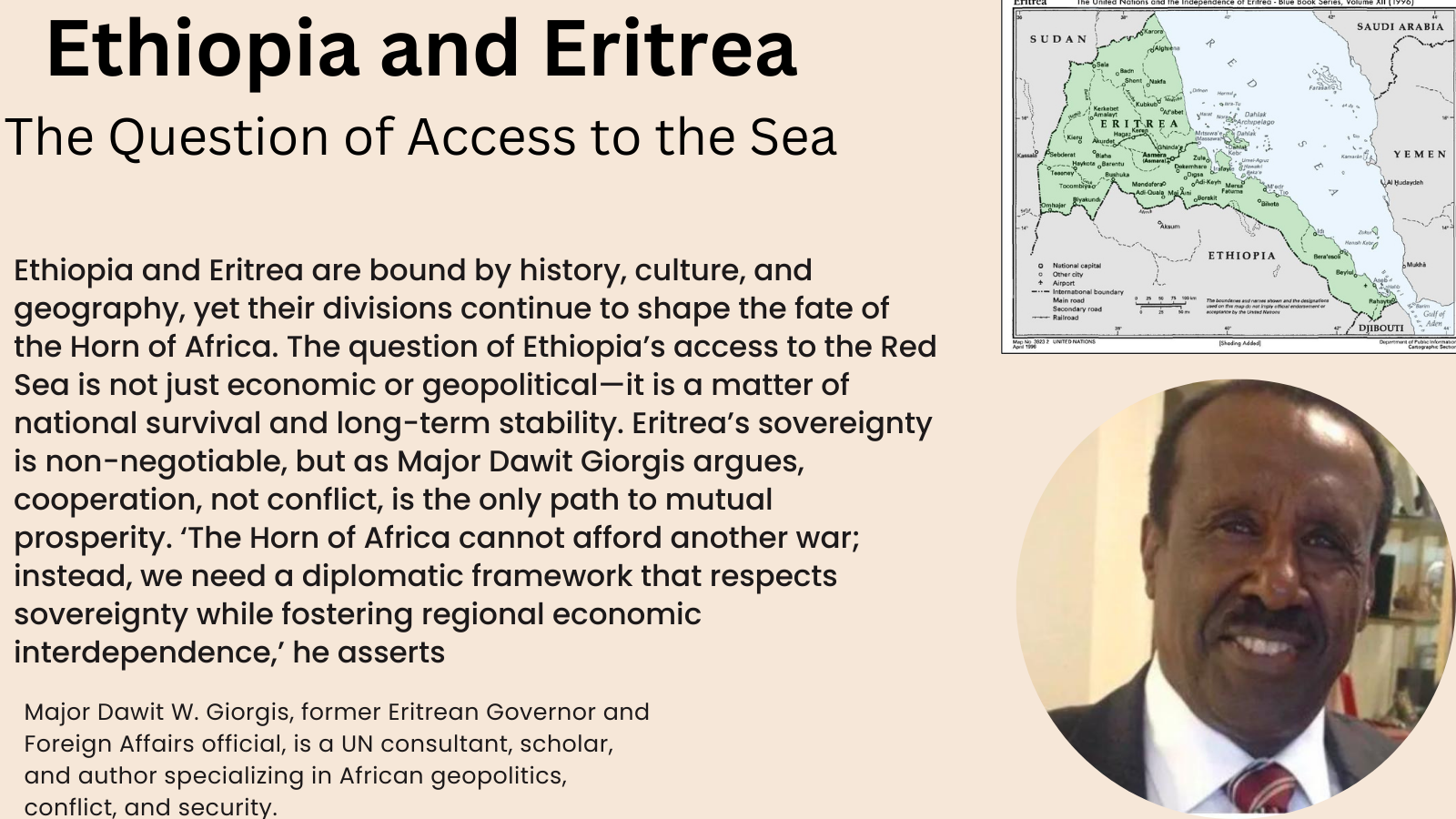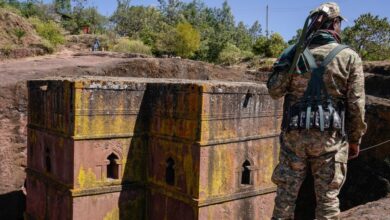Amhara Farmers in Ethiopia’s Wollega: Battling for Survival Under Abiy’s Administration
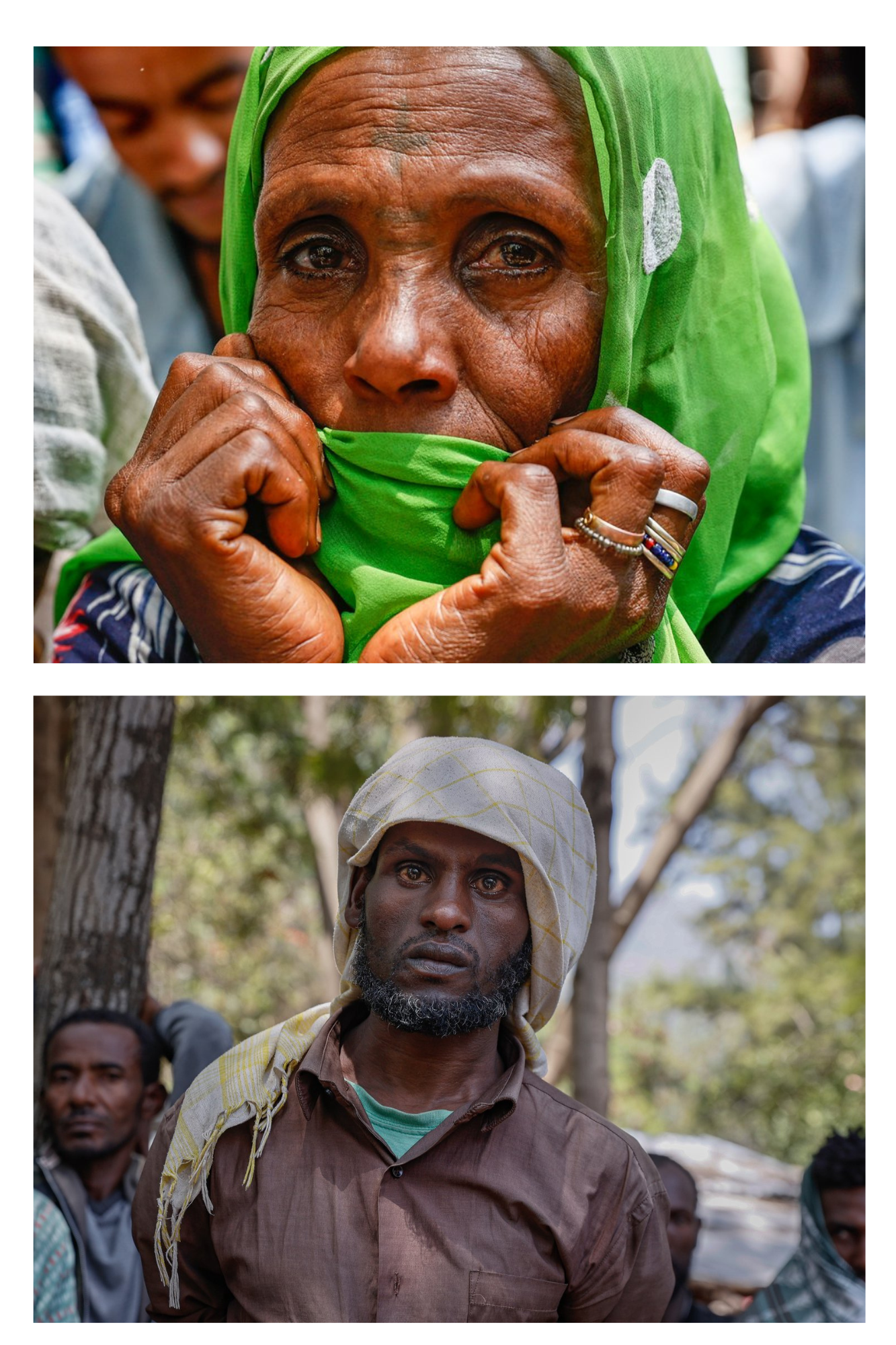
For generations, the Amhara farmers of Wollega lived peacefully, cultivating the fertile lands of the region. Farming was not just a livelihood but a deeply ingrained way of life, passed down through generations, with strong ties to family, community, and the land itself. The fruits of their labor sustained both their families and the local economy, providing food and resources for surrounding communities. However, under the current administration, everything has drastically changed.
The rise of Prime Minister Abiy Ahmed’s administration has coincided with a sharp increase in ethnic violence and marginalization against the Amhara people. In Wollega, once-peaceful Amhara farmers have been thrust into the center of an ethnic and political conflict. The Oromo regional government, along with other factions, has increasingly targeted the Amhara people, branding them as enemies or obstacles to the region’s power structure.
The Amhara people of Wollega have suffered repeated massacres by the Oromo Liberation Front (OLF/OLA) and the Oromo regional militia and special forces. Some of the most infamous massacres include the Tole Massacre in June 2022, the Kellem Wollega Massacre in 2023, and the Begi District Massacre in September 2024. These massacres were accompanied by severe economic suppression, as Amhara farmers were no longer allowed to sell their goods at fair market prices and were forced to sell through Oromo middlemen who bought their crops at exploitative prices. What was once a fair market had now become a mechanism of control. Farmers, cut off from market access, were left with little choice but to accept these deals or face total economic ruin.
The situation only worsened. Many farmers found their bank accounts frozen without warning, leaving them financially crippled. Even well-established individuals from the Amhara community were unable to access their savings or participate in the economic system. It was clear this was no mere administrative error but a systematic effort to marginalize the Amhara economically.
With no legal or economic recourse, some farmers sought help from the authorities. Instead of receiving protection, they were met with hostility. The Oromo special forces, backed by elements of the Ethiopian National Defense Force (ENDF), began systematically displacing Amhara residents from their homes. Entire communities were displaced, and some individuals were arrested on dubious charges. Those who resisted faced severe repercussions, including violence and imprisonment.
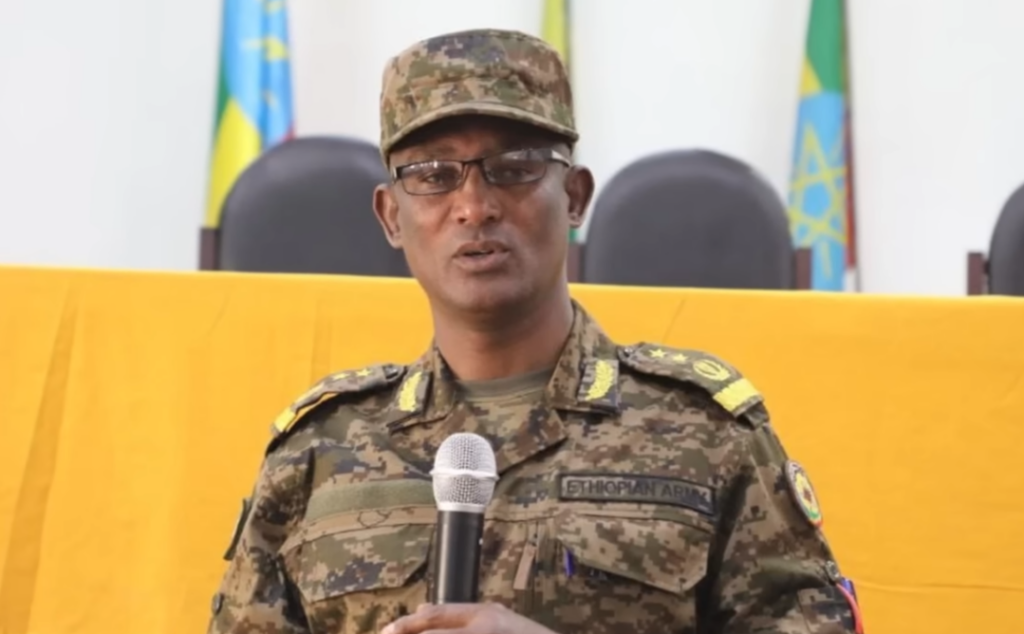
As pressure mounted, many Amhara farmers realized they had no other option but to defend themselves. These peaceful farmers, who had never sought conflict, were forced to take up arms to protect their families, homes, and dignity. Amhara communities organized into militias to fight back against the OLF/OLA and other attacking groups. Initially, this self-defense movement was successful. The Amhara militias, though small in number, managed to fend off numerous attacks from the OLF/OLA, bringing some measure of security to the region. However, this fragile peace was short-lived.
The Oromia Prosperity Party, led by Prime Minister Abiy Ahmed, viewed the growing Amhara resistance as a threat. After the northern war ended, Abiy’s administration shifted its focus entirely to suppressing the Amhara population in Wollega. Regional and federal forces ramped up efforts to cleanse the region of its Amhara residents. This campaign was best described by the 6th command’s deputy commander, General Negeri Tolina’s, genocidal call in an ENDF meeting when he said “You handful of Amhara people who settled in Wollega, we will not rest until we uproot and discard you. Wollega will not be peaceful until your demise.”
This campaign was best described by the 6th command’s deputy commander, General Negeri Tolina’s, genocidal call in an ENDF meeting when he said “You handful of Amhara people who settled in Wollega, we will not rest until we uproot and discard you. Wollega will not be peaceful until your demise.” General Negeri Tolina
The campaign was spearheaded by Shaleka Aysheshim Bezie, appointed to lead efforts to eliminate the Amhara presence in Wollega. His first significant act was the arrest of Colonel Yalelet Mekuria, a high-ranking officer who refused to follow orders to massacre Amhara civilians. Colonel Yalelet and other members of the ENDF, who upheld their ethical principles, were imprisoned for refusing to participate in the ethnic cleansing of Amhara’s, standing by the ENDF’s original mandate to protect all Ethiopians, not target specific groups.
The persecution of the Amhara continued relentlessly. Amhara farmers in Wollega were not only targeted by the OLF/OLA but also by Oromo special forces, militias, and even government-backed forces. Thousands of Amhara residents were displaced, and entire communities were left in ruins. Those living in the highlands, who were scattered and isolated, were particularly vulnerable to displacement.
In contrast, Amhara communities in the lowlands, where people lived in closer proximity, were able to organize more effectively and defend themselves. They fought back against the OLF/OLA, the Oromo special forces, and militias. Despite their success in defending their land, this self-defense was seen as a threat by the Oromo Prosperity Party, which viewed the Amhara resistance as an obstacle to its goals.
After the war with TPLF concluded, Prime Minister Abiy ordered the redeployment of ENDF forces from the north to Wollega, focusing on eliminating the Amhara militias. The administration’s goal was clear: to eradicate the Amhara presence in Wollega once and for all.
Shaleka Aysheshim Bezie, backed by influential figures like Shimeles Abdisa, who had overseen the persecution of Amhara people in Oromo region for over six years, launched an aggressive campaign against the Amhara population. The attacks became more organized and widespread. Despite the Amhara militias’ efforts, they were vastly outnumbered and faced overwhelming opposition. The ENDF, which was supposed to protect all Ethiopians, was now being used to eliminate the Amhara people.
As international attention grows and human rights organizations call for investigations, the future of the Amhara people in Wollega remains uncertain. What is clear, however, is that their resilience and determination in the face of overwhelming adversity will continue to be a powerful testament to their strength.
The persecution of the Amhara continues to this day. Entire families have been uprooted, livelihoods destroyed, and communities torn apart. Despite the violence and suffering, the Amhara people of Wollega have refused to give up. Their struggle is not just about survival; it is about their right to live peacefully on the land that has been theirs for generations.
As international attention grows and human rights organizations call for investigations, the future of the Amhara people in Wollega remains uncertain. What is clear, however, is that their resilience and determination in the face of overwhelming adversity will continue to be a powerful testament to their strength.

